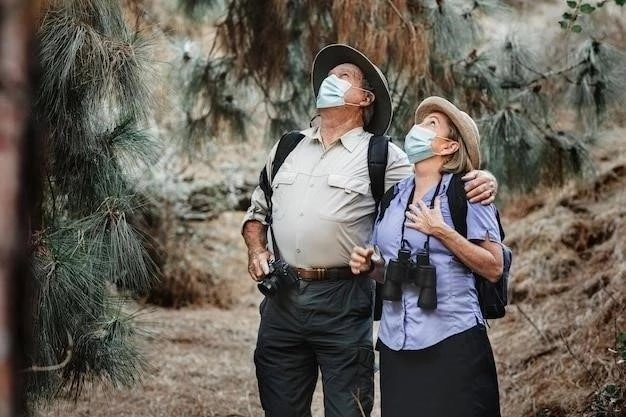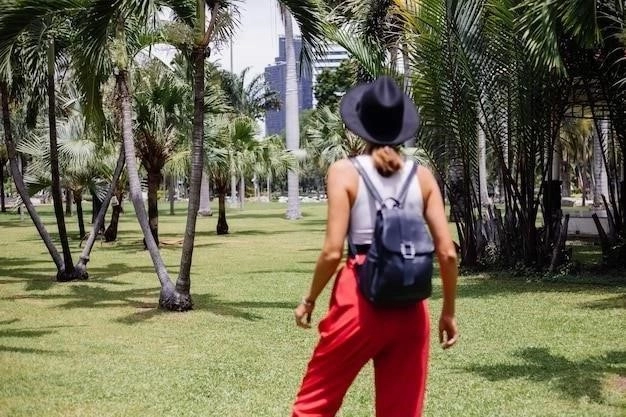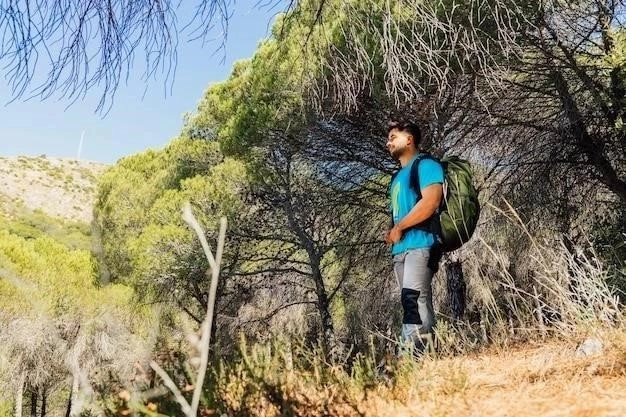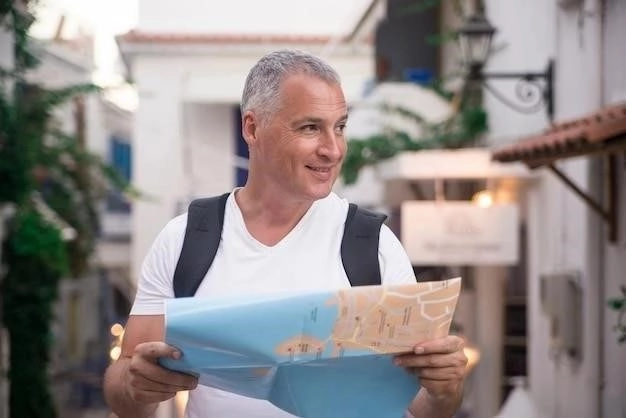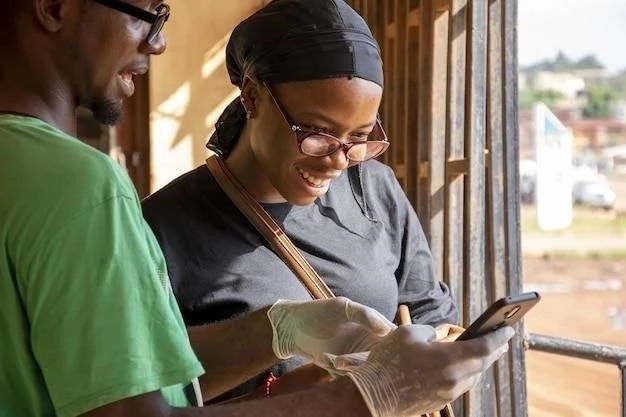Libya Travel Guide 2024
This travel guide provides essential information for those considering travel to Libya. However, we must emphasize the current travel advisories issued by numerous governments strongly urging against all travel to Libya due to ongoing safety concerns.
General Information
Libya, officially the State of Libya, is a country located in North Africa. It is bordered by the Mediterranean Sea to the north, Egypt to the east, Sudan to the southeast, Chad and Niger to the south, and Algeria and Tunisia to the west. With a land area of nearly 1.8 million square kilometers, Libya is the fourth largest African country by area. Despite its size, Libya has a relatively small population, estimated at around 7 million people.
Arabic is the official language of Libya, while Berber is also widely spoken. Tripoli is the capital and largest city, located on the Mediterranean coast in northwestern Libya. The Libyan dinar (LYD) is the official currency.
Libya is rich in ancient history and boasts several UNESCO World Heritage sites, including the Roman ruins of Leptis Magna and Sabratha, as well as the ancient city of Cyrene. The Sahara Desert covers a significant portion of Libya’s interior, offering vast and dramatic landscapes.
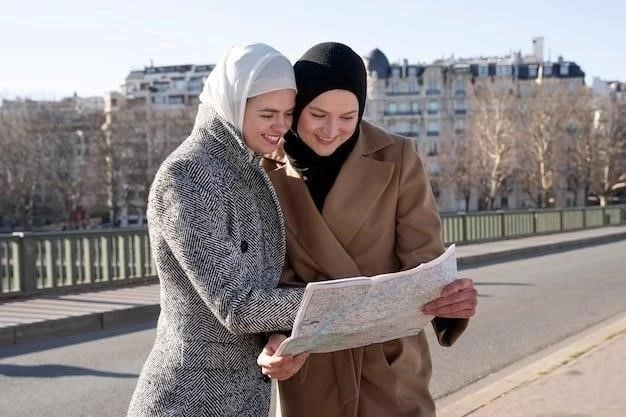
Safety and Security
Unfortunately, Libya faces significant safety and security challenges. As of 2024, the security situation remains unstable and unpredictable. The country has experienced years of conflict, political instability, and a proliferation of armed groups.
Due to these factors, many governments strongly advise against all travel to Libya. The risks include:
- Armed Conflict: The potential for outbreaks of violence and armed clashes persists throughout the country.
- Terrorism: Terrorist groups are known to operate in Libya and pose a threat to foreigners.
- Crime: Libya has high levels of crime, including armed robbery, kidnapping for ransom, and carjacking.
- Civil Unrest: Protests and demonstrations can occur and may escalate into violence.
- Landmines and Unexploded Ordnance: These pose a serious risk in certain areas of Libya, particularly in the south.
It’s crucial to understand that emergency services are limited in many areas, and access to medical care can be challenging.
Visa Requirements for Libya
Obtaining a visa for Libya can be a complex and challenging process, particularly given the current security situation. It is strongly advised to consult with the Libyan Embassy or Consulate in your home country for the most up-to-date visa information and requirements.
Generally, most foreign nationals will require a visa to enter Libya. The types of visas and specific requirements may vary depending on your nationality and the purpose of your visit. Be prepared for extensive documentation requirements and lengthy processing times.
Keep in mind that even if you are granted a visa, the Libyan authorities have the right to deny entry upon arrival. It’s essential to have all your travel documents in order and be prepared to answer questions from immigration officials.
Health and Vaccinations
Travelers to Libya should prioritize their health and take necessary precautions. It is highly recommended to consult with a travel health professional or your doctor well in advance of your trip to discuss specific health risks and recommended vaccinations.
Routine vaccinations, such as measles-mumps-rubella (MMR), diphtheria-pertussis-tetanus (DPT), varicella (chickenpox), polio, and annual influenza, should be up to date. Additionally, vaccinations for hepatitis A and typhoid are strongly recommended, as these diseases can be contracted through contaminated food and water.
Depending on your itinerary and planned activities, your doctor might also advise vaccinations for hepatitis B, rabies, and other diseases. It’s crucial to discuss any pre-existing medical conditions and required medications with your doctor to ensure you have an adequate supply.
Travel Insurance
Given the heightened risks associated with travel to Libya, securing comprehensive travel insurance is of paramount importance. It’s crucial to obtain a policy that provides coverage for medical emergencies, including evacuation, as well as security situations such as terrorism, kidnapping, and civil unrest.
Carefully review the policy terms and conditions to ensure they adequately address the specific risks associated with travel to Libya. Pay close attention to coverage limits, exclusions, and claims procedures.
It’s essential to carry proof of insurance with you at all times while in Libya. Keep a copy of your policy documents, including emergency contact numbers, in a safe and accessible location.
Getting to Libya
Traveling to Libya can be challenging due to limited flight options and ongoing security concerns. It’s essential to check the latest travel advisories and flight restrictions before making any plans.
Currently, several international airlines operate limited flights to and from Libya, primarily serving destinations such as Tripoli (MJI) and Misrata (MRA). However, flight schedules can be irregular and subject to change with little or no notice.
Connecting flights through hubs in neighboring countries, such as Tunisia or Egypt, might be necessary. It’s crucial to factor in potential delays and disruptions when planning your itinerary. Be prepared for enhanced security measures at airports and border crossings.

Transportation within Libya
Navigating transportation within Libya can be challenging and potentially risky, particularly for foreigners. Travel by road can be hazardous due to poor road conditions, limited infrastructure, and the presence of armed groups in certain areas.
While taxis are available in major cities, it’s advisable to exercise caution and negotiate fares in advance. Renting a car is generally not recommended due to safety concerns and potential legal complexities.
Domestic flights are available but subject to delays and cancellations. Security checks at airports can be stringent. It’s crucial to check the latest flight information and allow ample time for check-in.
Given the complexities and risks associated with transportation in Libya, seeking guidance from local contacts or reputable travel operators is highly advisable.
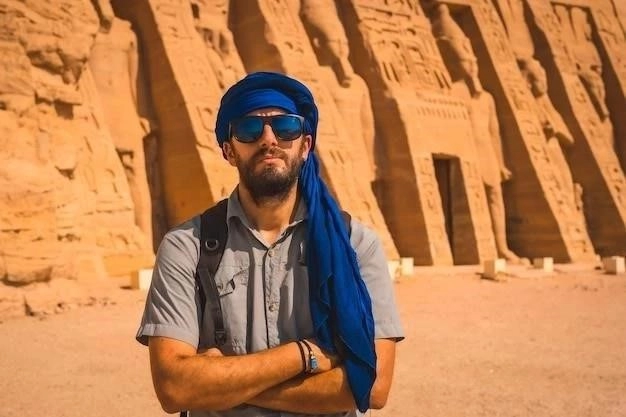
Accommodation
Accommodation options in Libya are limited compared to more established tourist destinations, and the availability and quality can vary significantly depending on the location and security situation.
In major cities like Tripoli, there are a limited number of international hotel chains and locally owned hotels. However, it’s crucial to exercise caution when selecting accommodation and prioritize safety and security.
Booking in advance through reputable travel agents or online platforms is highly recommended, especially if traveling during peak seasons or to remote areas. Be prepared for the possibility of limited amenities and services due to infrastructure constraints.
It’s essential to verify the security measures in place at any accommodation you consider and inquire about any curfews or restrictions in the surrounding area.
Food and Drink
Libyan cuisine reflects a blend of Mediterranean, North African, and Arab influences. While traditional Libyan dishes can be flavorful and satisfying, it’s crucial to prioritize food and water safety to minimize the risk of illness.
Opt for restaurants that appear clean and well-maintained. Avoid consuming food from street vendors or establishments with questionable hygiene standards. It’s generally advisable to drink bottled water and avoid consuming ice, as it may be made from contaminated water.
Be cautious with dairy products, especially unpasteurized milk and cheese. Ensure that all meat and seafood are thoroughly cooked. When in doubt about the safety of food or water, it’s always best to err on the side of caution and choose something else.
Currency and Money Exchange
The official currency of Libya is the Libyan Dinar (LYD). However, it is essential to be aware of the current economic situation and currency exchange challenges in the country.
Obtaining Libyan Dinars can be difficult outside of Libya. It’s generally advisable to bring a sufficient amount of foreign currency, preferably US dollars or Euros, and exchange them upon arrival.
Currency exchange services are available at banks and licensed exchange bureaus in major cities. However, be prepared for long queues and potential fluctuations in exchange rates. Credit cards are not widely accepted in Libya, and ATMs can be unreliable, particularly outside major urban areas.
It’s crucial to exercise caution with your money and avoid carrying large sums of cash. Keep your funds secure and be aware of your surroundings when exchanging currency.
Language
The official language of Libya is Arabic. While Modern Standard Arabic is widely understood, it’s essential to note that Libyan Arabic, a distinct dialect, is commonly spoken in everyday conversations.
English is not widely spoken in Libya, except in some tourist areas and within certain business circles. It’s highly recommended to learn a few basic Arabic phrases to facilitate communication in everyday situations.
Carrying a phrasebook or using a translation app can be helpful, particularly when interacting with locals in markets, restaurants, or transportation. If you anticipate needing more extensive language assistance, consider hiring a local guide or interpreter.

Culture and Customs
Libya is a predominantly Muslim country with a rich cultural heritage deeply rooted in Islamic traditions and values. Respect for local customs and etiquette is essential to ensure a safe and respectful travel experience.
Dress modestly, especially in public areas. Women are generally expected to cover their heads and wear loose-fitting clothing that covers their arms and legs. Men should avoid wearing shorts in public.
It’s considered polite to remove your shoes before entering someone’s home or a mosque. Public displays of affection should be avoided, as they are generally frowned upon.
Hospitality is highly valued in Libyan culture. If you are invited to someone’s home, it’s customary to accept refreshments and engage in polite conversation.
Places to Visit

While Libya possesses remarkable historical and natural attractions, it’s crucial to emphasize that travel to many areas remains unsafe due to ongoing security concerns. Visiting these sites should only be considered when the security situation improves significantly, and travel advisories are lifted.
- Leptis Magna: This UNESCO World Heritage site is a remarkably well-preserved Roman city boasting stunning architecture, including a theater, amphitheater, and basilica.
- Sabratha: Another UNESCO World Heritage site, Sabratha offers a captivating glimpse into Roman history with its impressive theater, temples, and mosaics.

- Cyrene: Situated in the Jebel Akhdar mountains, Cyrene is an ancient Greek city renowned for its ruins, including a temple dedicated to Zeus and a necropolis.
- Ghadames Old Town: This UNESCO World Heritage site showcases traditional desert architecture with its interconnected mud-brick houses and a labyrinthine old town.
Best Time to Visit
Determining the best time to visit Libya is complex due to the ongoing security situation and the need to prioritize safety above all else. However, considering climatic factors, spring (March-May) and autumn (September-November) generally offer the most favorable weather conditions for travel.
During these shoulder seasons, temperatures are generally mild, with average highs ranging from the mid-70s to the mid-80s Fahrenheit (low 20s to high 20s Celsius). Rainfall is also relatively low during these periods.
Summers (June-August) in Libya can be scorching, particularly in the desert interior, with temperatures often exceeding 100 degrees Fahrenheit (38 degrees Celsius). Winters (December-February) are generally mild but can bring occasional rainfall along the coast.
It is essential to reiterate that travel to Libya is currently not advised due to safety concerns. Always prioritize safety and refer to the latest travel advisories before considering any travel plans.
Itineraries
Crafting a travel itinerary for Libya is currently not recommended due to the unpredictable and unsafe travel conditions. Developing any travel plans should be postponed until the security situation significantly improves, and travel advisories are lifted.
If and when travel to Libya becomes safe and advisable, potential itineraries could include exploring the following:
- Archaeological Sites: Journey through Libya’s rich history by visiting the well-preserved Roman ruins of Leptis Magna, Sabratha, and Cyrene, each offering a glimpse into the grandeur of the past.
- Desert Landscapes: Venture into the vast expanse of the Sahara Desert, exploring the awe-inspiring sand dunes, oases, and rock formations that characterize this unique environment.
- Coastal Cities: Experience the Mediterranean charm of Tripoli, the capital city, and explore the coastal towns of Misrata and Benghazi, each offering a blend of history and culture.
Travel Tips
Given the current situation in Libya, providing travel tips is challenging and potentially misleading, as travel to the country is strongly discouraged. However, if the security situation significantly improves and travel becomes advisable in the future, consider these essential tips:
- Stay Informed: Constantly monitor the security situation through reliable news sources, government travel advisories, and local contacts.
- Register with Your Embassy: Upon arrival in Libya, register your presence and travel plans with your embassy or consulate.
- Respect Local Customs: Dress modestly, be mindful of Islamic traditions, and avoid public displays of affection.
- Learn Basic Arabic: Learning a few basic Arabic phrases can be immensely helpful for daily interactions.
Responsible Tourism
While responsible tourism is crucial in any destination, discussing its principles in the context of Libya is premature due to the prevailing safety concerns and travel restrictions.
Should conditions improve and travel to Libya become advisable, embracing responsible tourism practices will be essential in supporting the country’s recovery and preserving its cultural heritage.
This includes engaging with local communities respectfully, supporting local businesses, minimizing environmental impact, and being mindful of the challenges faced by the country.
Until travel to Libya can be conducted safely and responsibly, it is essential to prioritize the well-being of local communities and avoid contributing to any further instability or exploitation.
Leaving Libya

Given the current travel advisories against all travel to Libya, providing detailed information about departure procedures would be premature and potentially misleading.
However, it is essential to emphasize that if you find yourself in Libya and need to depart, you should prioritize your safety and seek assistance from your embassy or consulate as soon as possible.
They can provide guidance on departure options, potential risks, and any necessary documentation or procedures. Always follow their instructions carefully and remain aware of your surroundings throughout the departure process.



